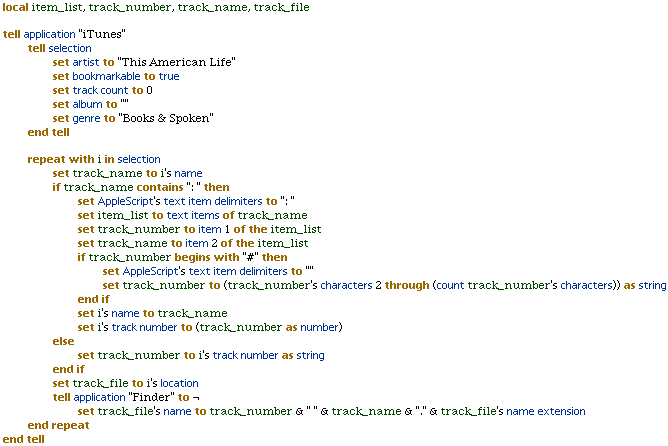Tuesday, 26 December 2006
Buying a CO alarm
So Illinois is mandating carbon monoxide detector/alarms in residences as of January 1. Today I decided to buy one. I wanted to get a combination smoke/CO detector, that way I wouldn’t need to change two batteries. Sounds easy, doesn’t it?
Let’s see, this one is on clearance because its battery lasts 2 weeks.
This one seems to give a lot of false alarms, and has a rather humorous review attached.
Reviewer: A Kitchen & Housewares enthusiast
This is not and I repeat is not a good alarm. There is one alarm light and you can hardly tell which one is sounding. It looks as if the specs are lying to me and I hate lies. Also the battery died after 6-8 months. The low battery alert is loud and chirps so anoyingly. I also noticed that the alarm sounds a loud shrieking alarm when it sounds. I will return this alarm. Never again will I trust in First Alert!
It also makes me wish I never meet a “kitchen and housewares enthusiast” in person.
This one goes off when you try to use an infrared remote control. The detector goes in the hallway behind my stereo, so that one’s out.
Finally, I give up on Amazon.com and do a Google search. I eventually stumble upon the Firex 12000, which has such useful features as a mute button that actually mutes for longer than you hold it down, an alarm that starts out quiet, a battery that’s easy to replace, and an industrial design that looks vaguely like someone cared. It’s AC/DC so I don’t have to replace batteries every 6 months, and even communicates over the power line with other units of its type. I read prior ones have freaked out after 4–6 years, but I plan to be gone by then.
A bonus review (for a CO-only alarm). The username is a nice touch.
 4:43 PM
4:43 PM 3 Comments
3 Comments